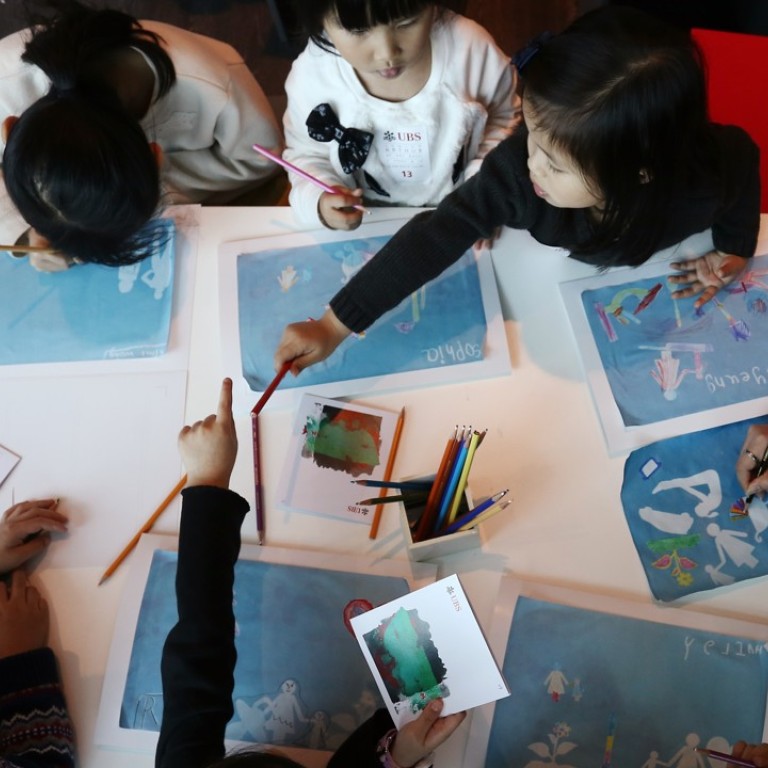
Enrolling children in extra classes may hamper them from learning what’s truly important
Non-teacher-led learning may be more helpful than private tuitions in fostering essential attributes in young children
In Hong Kong, the growth of private tuition services shows no signs of abating, but parents should realise that overreliance on such tutors at too early an age can have unforeseen consequences. Attending extra classes or having individual coaching may be a way to improve grades, but there are possible negatives to consider.
Free time becomes further restricted, the push for academic success can lead to unwanted stress and anxiety, and a dependence on tutors can see pupils taking less responsibility for their own efforts, which could hamper them at university and beyond.
The school years are meant to instil academic rigour, along with a range of social skills and personal qualities such as resilience, collaboration and time management. The simple tasks expected of younger children, such as packing their own school bag and doing homework are all part of the process leading to increasing maturity and independence. These tasks are not meant to be “delegated” to a parent or tutor.
Furthermore, allowing more time for non-teacher-led learning has been shown to foster essential attributes in young children. Indeed, a recent World Economic Forum study compared the attainment of kindergarten children during play-based and teacher-led learning. In the latter groups, pupils as young as four believed they were at school to learn by rigid progressive steps and to follow rules. They didn’t believe they were there to explore or discover a love of learning.
However, as with the famous Finnish model, educators increasingly recognise that the best way to advance academically, socially and emotionally is through play-based learning. This allows children the freedom to make their own mistakes, to experience natural, untaught creativity, and to discover social boundaries. All that helps them learn to regulate their behaviour and sets them up for the years ahead.
The same principle applies during primary school. Support at home and at school is essential, but children should also learn from their own actions.
They shouldn’t be subjected to a regimented system with everything focused on academic results and a tutor to supervise their homework.
School is supposed to help children understand their strengths and weaknesses as well as their limits. Engaging a tutor in the hope of getting top marks in everything may turn out to be a poor investment by delaying some of the other important lessons in life.
